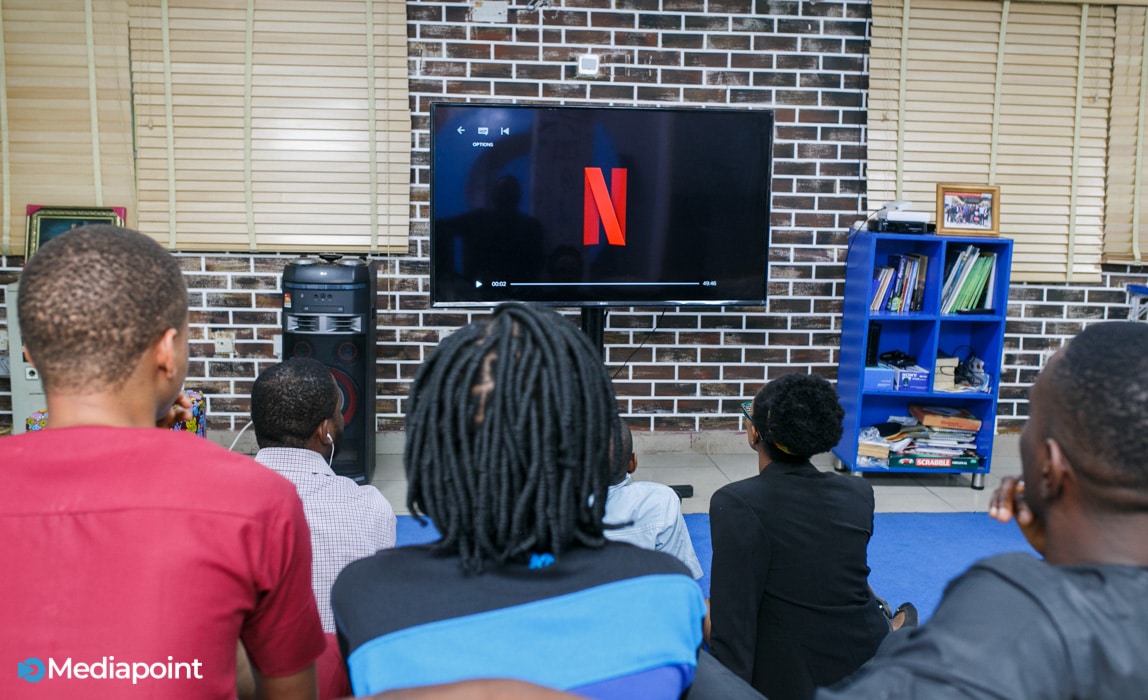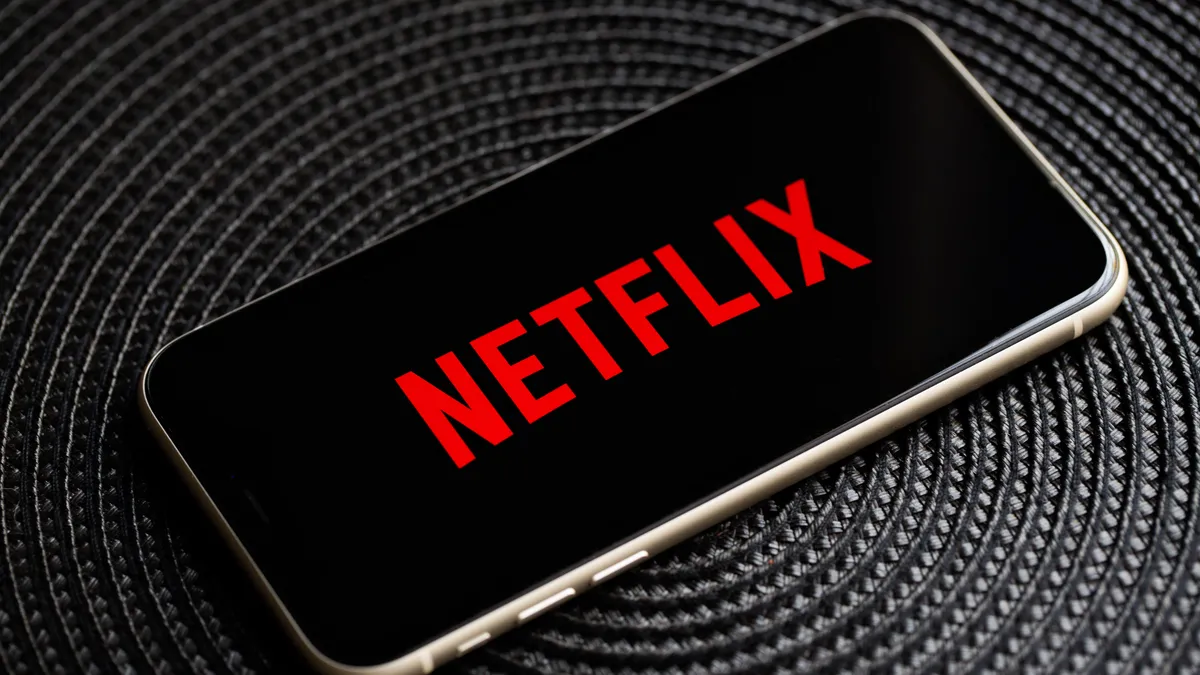On Thursday, March 11, it was reported that some Netflix users got a notification that suggests that the streaming platform may soon start restricting indiscriminate password-sharing on subscription packages that do not allow the feature.
The prompt reads, “Is this your account? If you don’t live with the owner of this account, you need your own account to keep watching.”
Normally, password sharing isn’t illegal on Netflix, it is only guided to prevent abuse according to the community guidelines.
The platform restricts how many streams you can run simultaneously on multiple devices on a particular account. For example, the limit is four on a Netflix Premium package and two on a standard package.
Apparently, this move is to keep only authorised subscribers on the services provided by the global streaming platform.
A comment from Netflix rightly confirms this. On one hand, you can no longer be generous with your log-in details; on the other hand, Netflix wants users to be safe with their personal details while preventing the commercial use of personal Netflix accounts.
A fail-safe plan?
Before now, Netflix’s way of restricting excess users on an account is by notifying that there are too many people using the account at once. But this usually happens when the number of profiles exceeds what is permitted.
Clearly, if users would also circumvent this new plan, legitimate account owners must be willing to give out personal information to evade Netflix’s verification process. Until this feature is perfected, it is not yet clear how Netflix wants to enforce this clampdown.
Going by the reactions on Twitter, it appears that many users circumvent the limit of unique users on certain subscription packages. There is speculation that one-third of Netflix users share passwords. From some comments, Netflix’s move could hugely affect its user volume.
How true is this statement? Netflix’s over 200 million global subscriber count does not include those that share passwords illegally. However, it considers accounts that have been upgraded to accommodate more than one user profile.
Of course, this restriction was expected to come at some point. Streaming platforms inadvertently record losses from password sharing since it would reduce the amount it is supposed to make from paid streams. Park Associates, in a report, estimates password sharing overall losses to exceed $12.5 billion by 2025.
Netflix probably resorted to ‘living with’ the password sharing menace, but that was before it expanded to 130 new markets in 2016. By 2019, the company probably discovered the statistics are getting higher. At this point, it revealed it would soon involve a customer-friendly solution.
Recall, in 2020, as more people resorted to PayTVs and streaming platforms during the lockdown, Netflix gained 37 million new subscribers. In its Q4 2020 earnings report, Netflix pegged its total paying subscribers at 201.2 million compared to 167.1 million and 139.3 million during the same period in 2019 and 2018 respectively.
Meanwhile, South Africa is the only African country that made the list of top Netflix subscribers globally between Q2 2018 and Q2 2019, putting Nigeria at less than 50,000 subscribers. The reasons are apparent.
Is this counter-productive?
One good thing that might come from Netflix’s intention is that people that have enjoyed Netflix’s content so far can then decide to have an account after being kicked out. But this argument may apply to people who are not aware that password sharing is illegal in some cases.
For one, Netflix’s recent pricing strategies could be a competitive move as well as a form of inclusiveness for low-income markets. In retrospect, it appears Netflix has been preparing alternatives to high-end subscription packages that can be adopted in situations like this.
In September 2020, Netflix said it is bringing a $2.6 low-budget plan, that runs on only one device, to Nigeria. This had been trialled in some African countries and India.
While there’s more to taking the African market than low pricing and interactive features, this may still impact the growing market in Africa.
Conversely, stifling this statistic of ‘illegal users’ could chase potential subscribers to competitors like Amazon Prime, Showmax, HBO+, and Hulu. But Netflix had promised that any move it takes to avoid indiscriminate password sharing would be customer-friendly. Time and data would tell.










